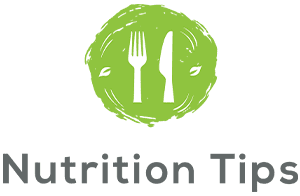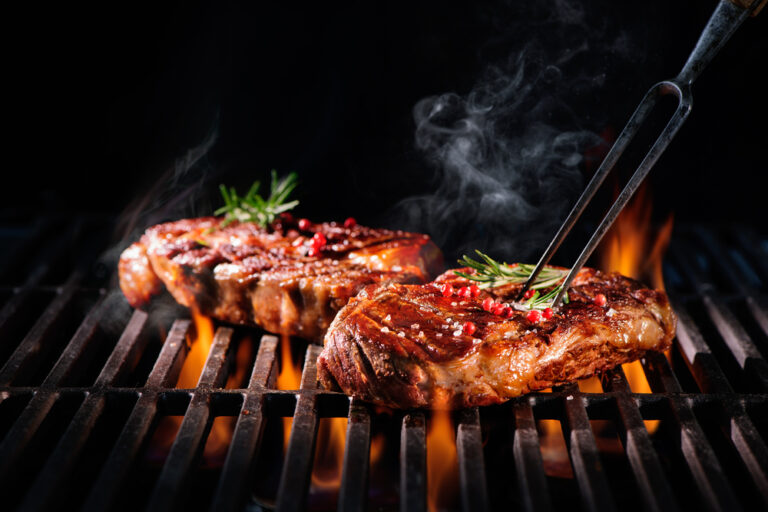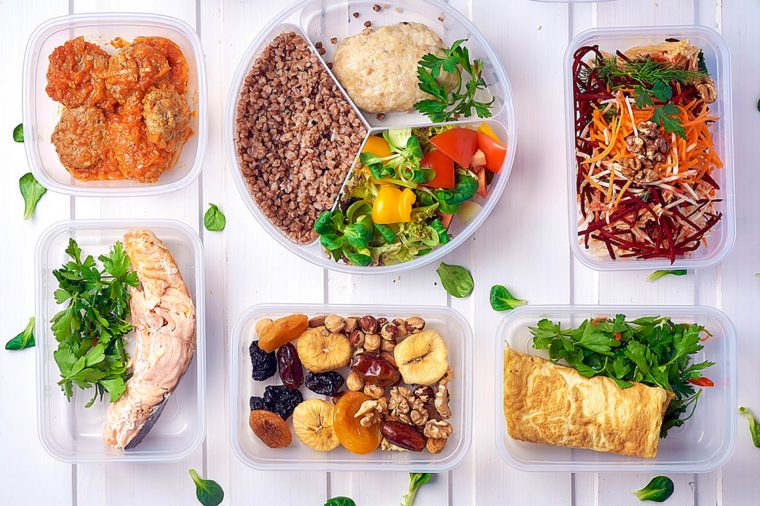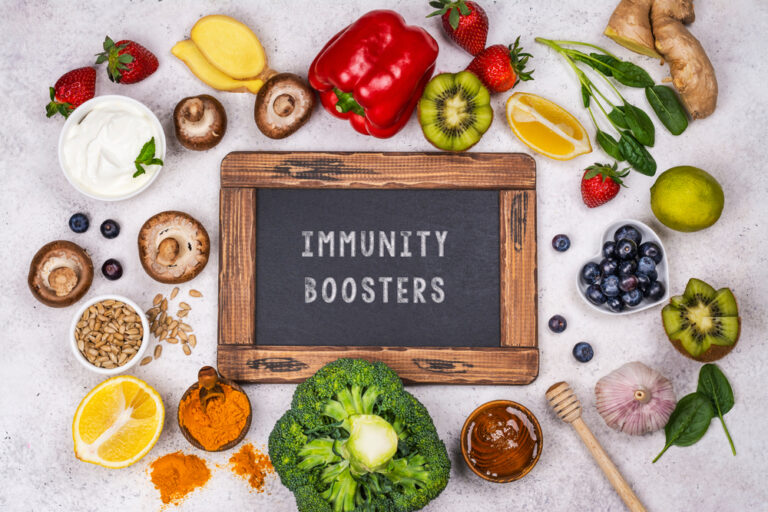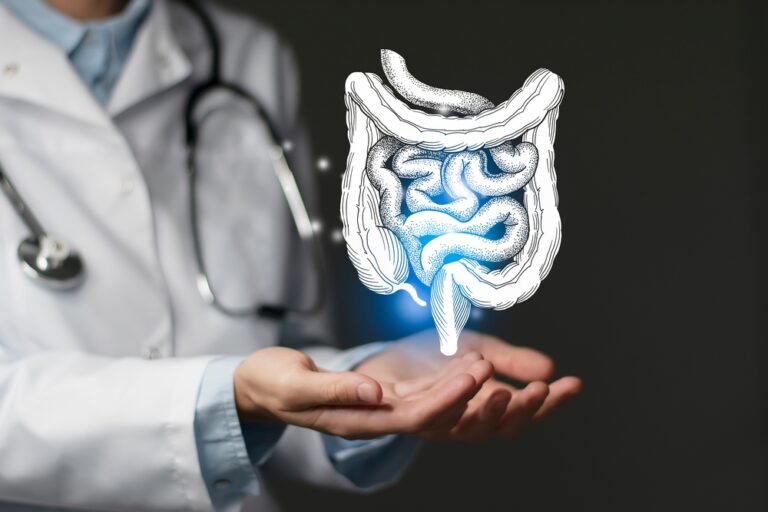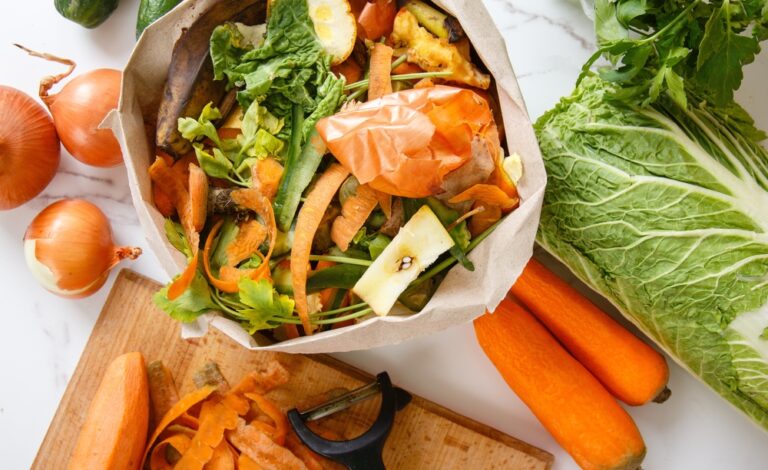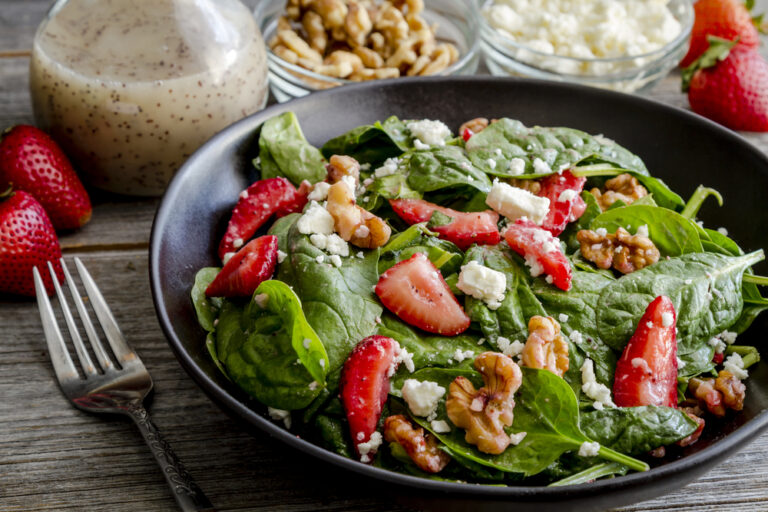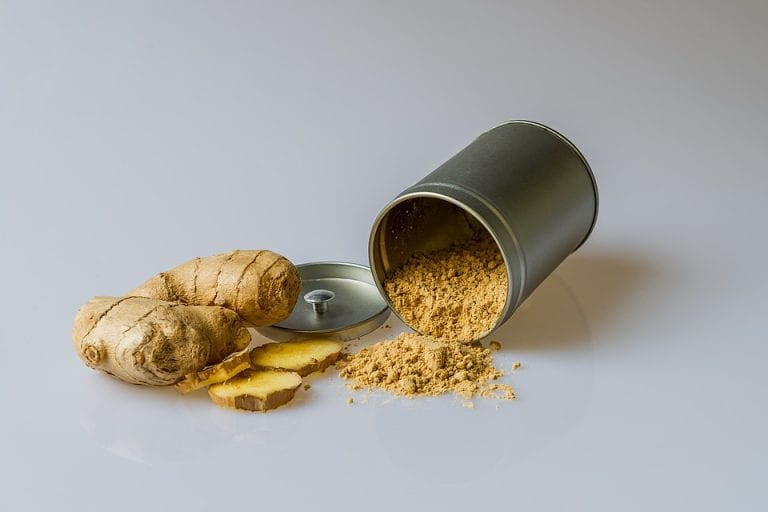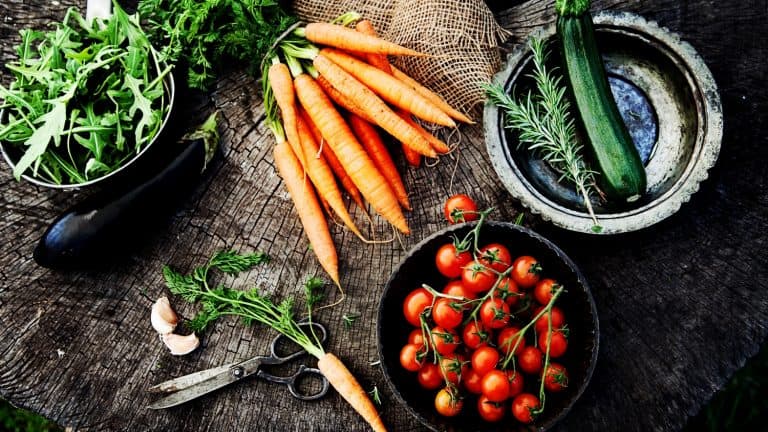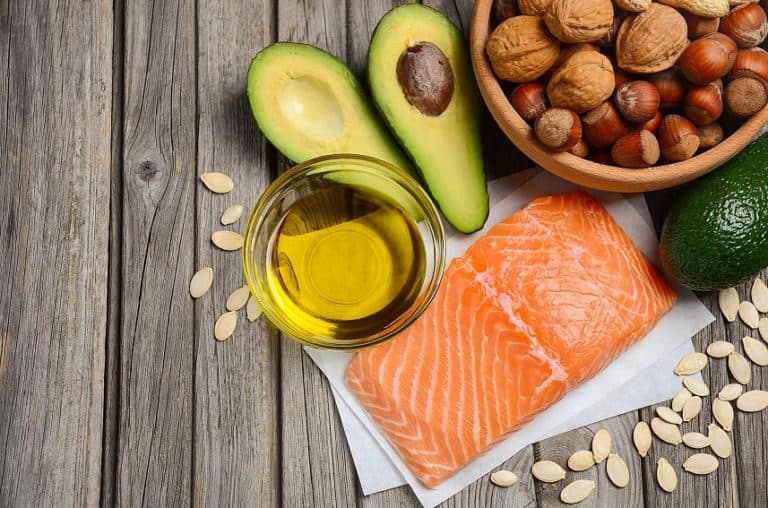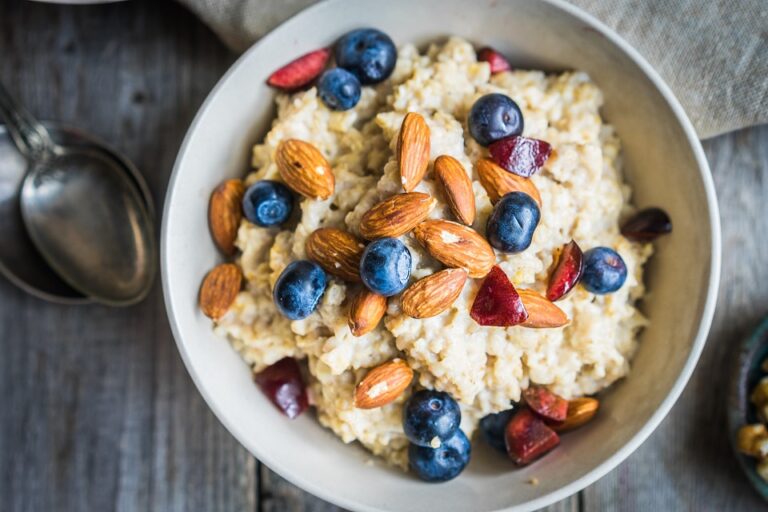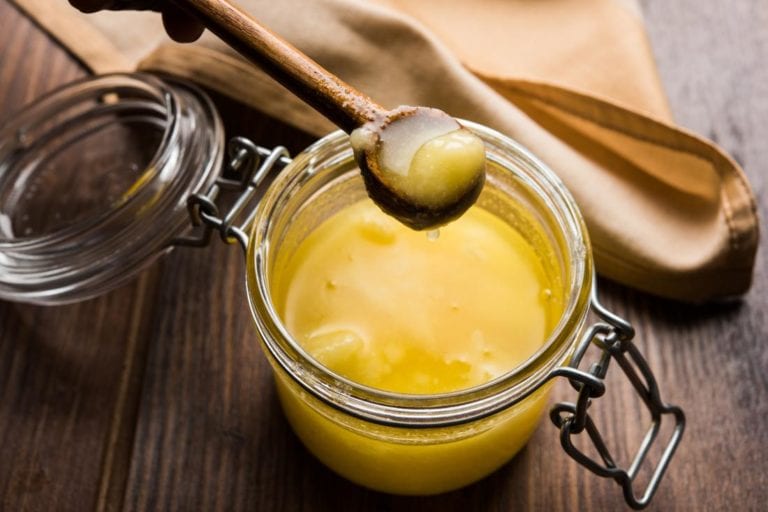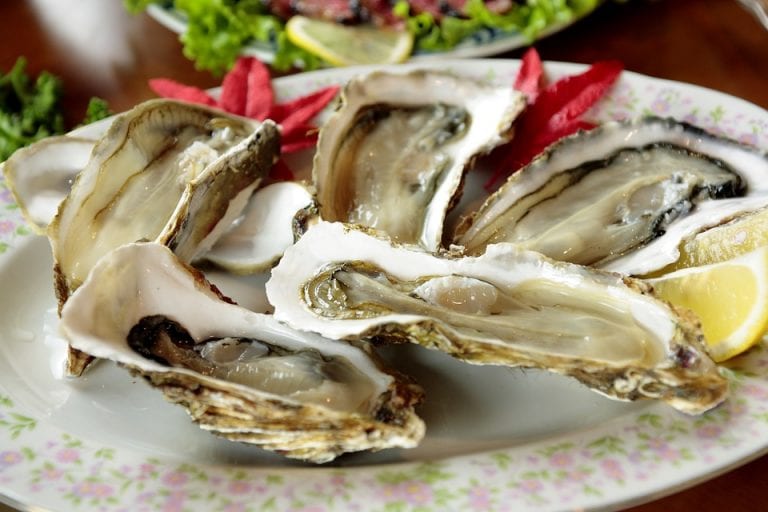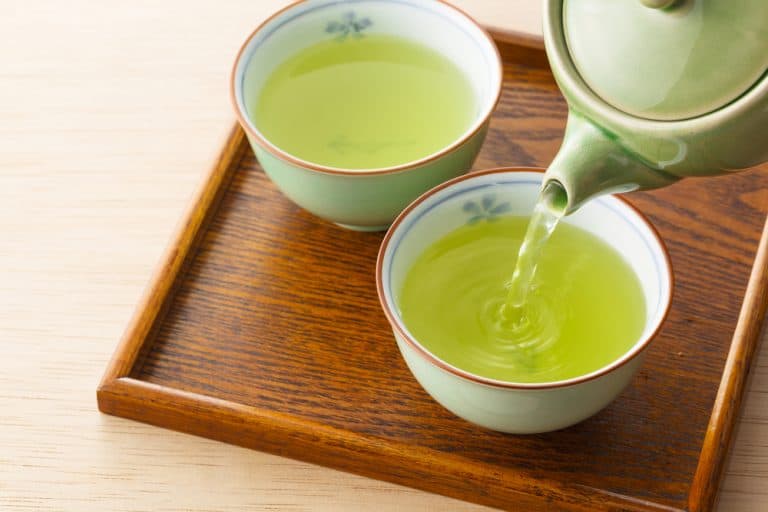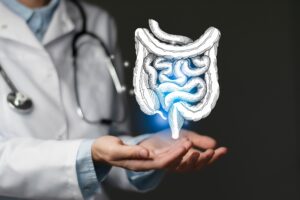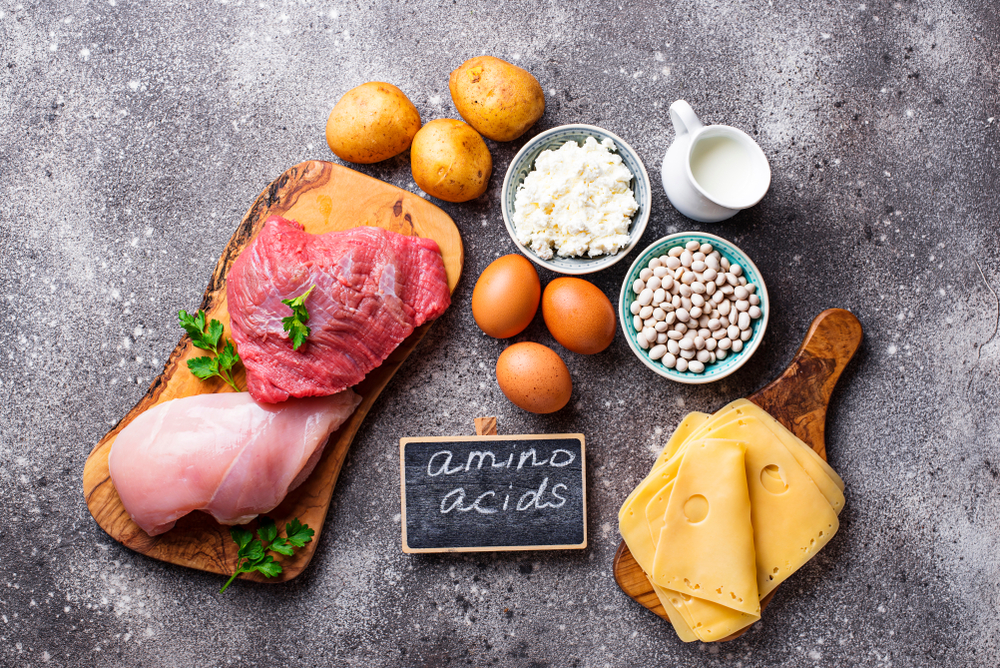
The best sources of amino acids come from animal proteins like meat, eggs, and poultry. Proteins provide the primary structural components of our muscles, brain, nervous system, blood, skin, and hair. It is also essential for acid-base and fluid balance in the body and helps transport oxygen, fats, and necessary vitamins and minerals. To cover this, we need to know what amino acids are and what their purposes are.
Your body needs 20 different amino acids to function correctly. Though all are important, only 9 are essential. Histidine, phenylalanine, isoleucine, leucine, lysine, methionine, threonine, tryptophan, and valine. But since I got dizzy just writing these words, let’s talk about what those 9 amino acids mean in terms we can ALL understand!
Phenylalanine: It plays an integral role in the structure and function of proteins and enzymes and the production of other amino acids.
- Foods – dairy, meat, sunflower seeds, poultry, soy, fish, beans, and nuts
Valine: Valine helps stimulate muscle growth and reconstruction and is connected to energy production.
- Foods – soy, cheese, peanuts, mushrooms, whole grains, and vegetables
Threonine: Threonine is a vital part of structural proteins such as collagen and elastin. It also plays a role in fat metabolism and immune function.
- Foods – Cottage cheese, wheat germ, nuts, lentils, beans, green peas, and sweet potatoes
Tryptophan: It’s needed to maintain proper nitrogen and serotonin balance.
- Foods – wheat germ, cottage cheese, chicken, and turkey
Methionine: This one plays an essential role in metabolism and detoxification. It’s also necessary for tissue growth and the absorption of zinc and selenium.
- Foods – eggs, grains, nuts, and sesame seeds
Leucine: It helps regulate blood sugar levels, stimulates wound healing, and produces growth hormones.
- Foods – Dairy, soy, beans, and vegetables
Isoleucine: It’s important for immune function, hemoglobin production, and energy regulation.
- Foods – meat, fish, poultry, eggs, cheese, lentils, nuts, and seeds
Lysine: Lysine plays significant roles in protein synthesis, hormone and enzyme production, and calcium absorption. It’s also crucial for energy production, immune function, and the production of collagen and elastin.
- Foods – meat, eggs, soy, black beans, quinoa, and pumpkin seeds
Histidine: Histidine is used to produce histamine, digestion, sexual function, and sleep-wake cycles. It’s critical for maintaining the myelin sheath, a protective barrier that surrounds your nerve cells.
- Foods – Meat, fish, poultry, nuts, seeds, and whole grains
When you don’t get a sufficient amount of amino acids, your body can suffer. Amino acid deficiency manifests in any of the following ways. Loss of muscle mass, depression, weakness, digestive problems, decreased alertness, and compromised immune function. Now, this wouldn’t happen overnight, but it could occur over an extended period without ingesting essential amino acids.
Keep in mind, you don’t have to eat all of the essential amino acids in one sitting to reap the benefits. If you eat a balanced diet, you can get all the essential amino acids in one day. You may eat beans, which are an incomplete protein, but later eat veggies. That is OK too. As long as you’re getting those nine essential amino acids, it doesn’t matter how you do it.

